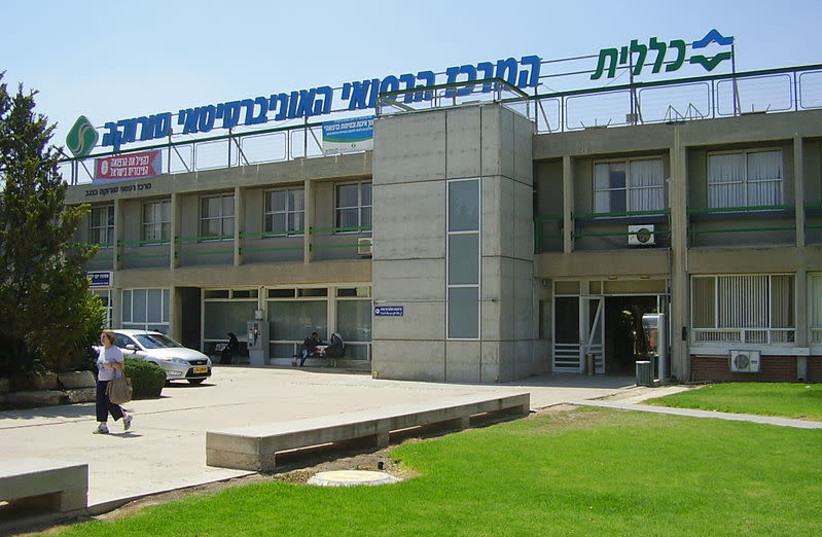Researchers at the Ben-Gurion University of the Negev (BGU) and Soroka-University Medical Center in Beersheba have developed a medication for statin myopathy, a condition that causes paralysis and leads to death.
Statins are the most-commonly used medication in lowering blood cholesterol; it is taken by tens of millions of people in the West. They act through inhibition of the enzyme HMG CoA reductase. Almost a fifth of them develop muscle symptoms (“statin myopathy”) including weakness and pain. In about 1%, this myopathy is severe and does not subside months after cessation of statin treatment.
The research team showed that the disease is caused by a mutation in the gene encoding HMG CoA reductase, inhibiting the enzyme’s activity. Trying to cure this severe hereditary disease, they synthesized and purified Methylmevalonolactone – the normal product of HMG CoA reductase that is missing in those patients. Following testing for safety in mice, the team got an exceptional “compassionate use” permit to give the novel medication – never given to humans before – to the most severely affected patient, who was near death – completely immobile and fully dependent on artificial ventilation.
The medication significantly treats a patient
The patient has now been treated with the oral medication three times a week for more than a year with no side effects. Not only did she stop deteriorating – she has improved dramatically. She can breathe without support for hours at a time, move her arms and legs extensively and even feed her grandchild. Other patients, some of whom are already in late stages of the disease, are awaiting treatment.
The study, just published in the Proceedings of the National Academy of Sciences of the United States of America under the title “Limb girdle muscular disease caused by HMGCR mutation and statin myopathy treatable with mevalonolactone,” was supported by the Israel Science Foundation.

The researchers estimated that there are dozens to hundreds of Israelis affected by this hereditary disease who could benefit from this effective lifesaving treatment. Based on the successful treatment of the hereditary disease, the research team went on to test whether the medication can be effective in the treatment of the non-remitting muscle problems occurring in about 1% percent of statin users. Indeed, they showed that the medication was extremely effective in a mouse model system mimicking the human statin myopathy.
This is the first study to link muscle pain and weakness to statin use. The whole study, from the human genetics and biochemistry studies to generation and purification of the medication, to the human and mouse trials – were done as part of the doctoral thesis of Dr. Yuval Yogev, guided by Prof. Ohad Birk, head of BGU’s Kahn Laboratory of Human Genetics, director of the clinical genetics institute at Soroka-University Medical Center and a member of the National Institute for Biotechnology.
Based on the findings, the research team is now seeking financial support and/or collaboration with the pharmaceutical industry to push forward standardized production and licensing of the medication to save the lives of many individuals worldwide suffering from this hereditary disorder, as well as enabling treatment of tens of thousands of statin-myopathy patients.
It should be noted that the procedures of the US Food and Drug Administration are more lenient in licensing medications for rare diseases, so rapid progress in the procedure is expected.
